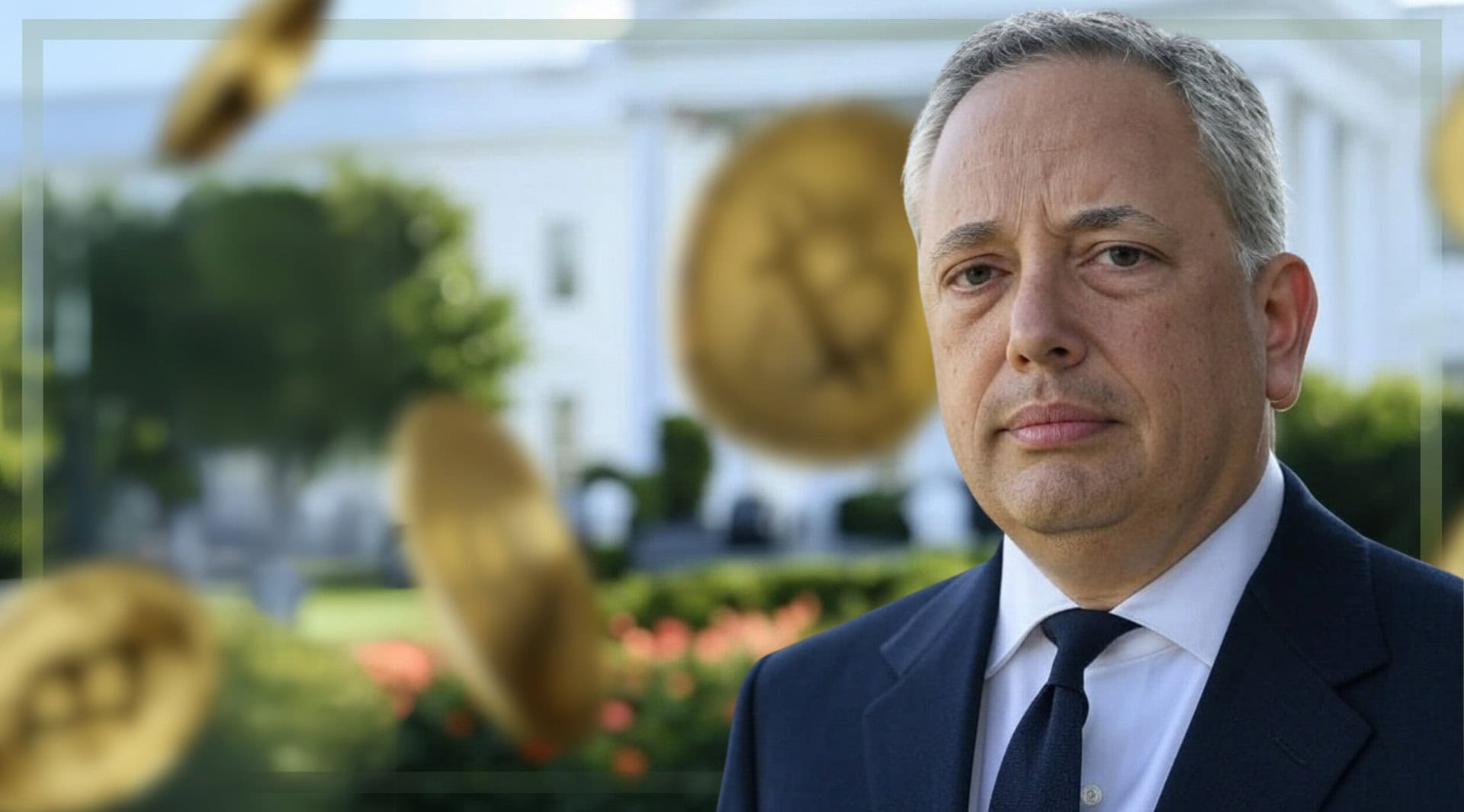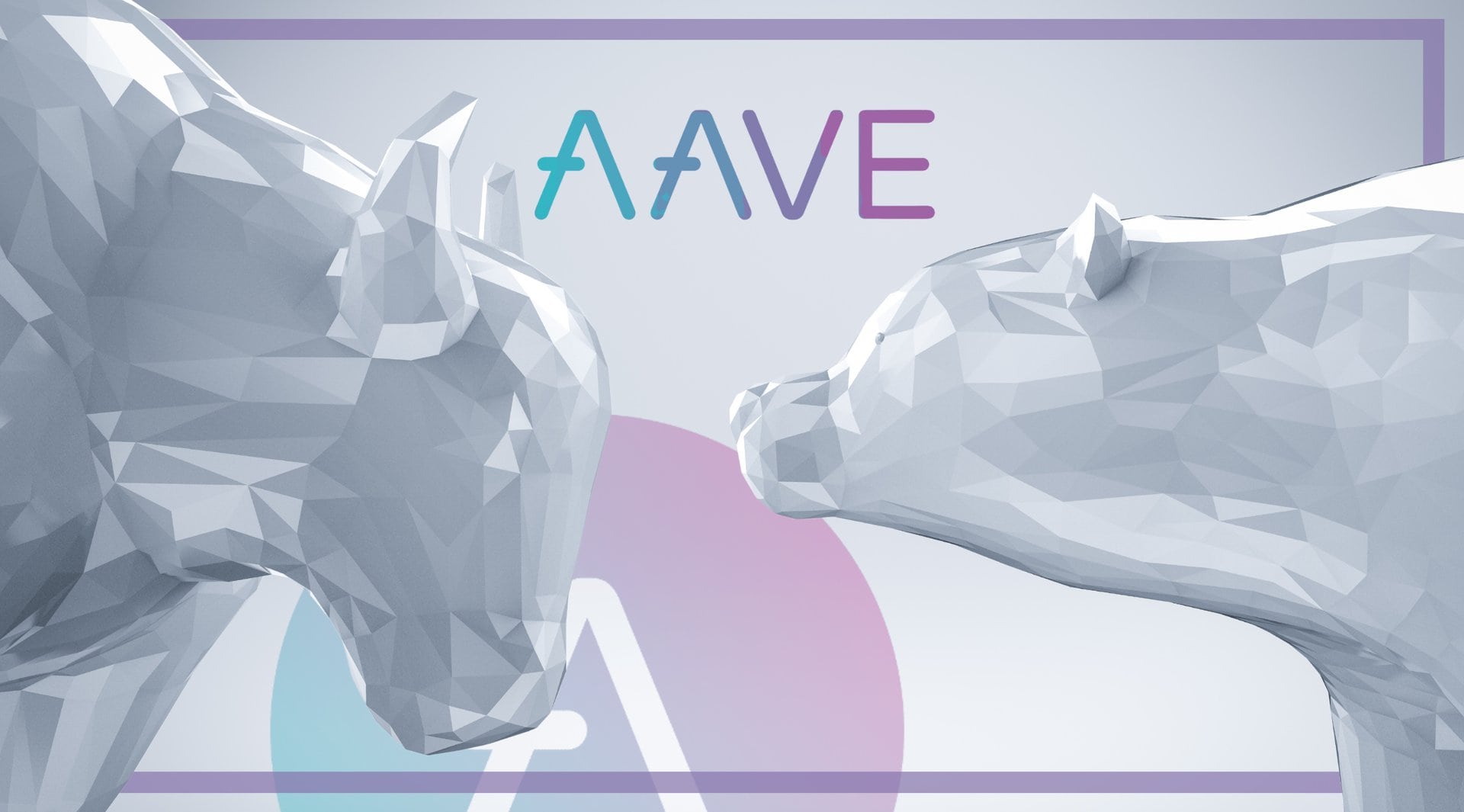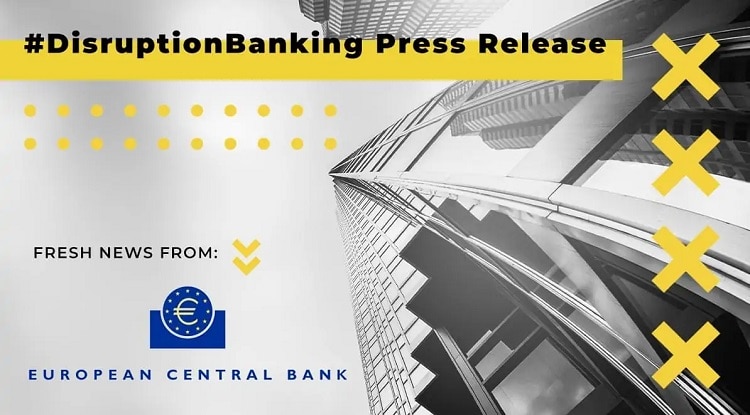Layah Heilpern is an outspoken British Bitcoin advocate. For the last four years, she has analysed and reported on cryptocurrencies and is a proud “hodler” – receiving her entire income in Bitcoin.
Layah is concerned, however, about the recent move towards Central Bank Digital Currencies (CBDCs). China recently became the first major economy to issue a digital currency, while other economies around the world are exploring the possibility of implementing CBDCs. These are envisaged as working on blockchain technology, but are entirely centralised and are ultimately overseen by the government. Layah sat down with DisruptionBanking to talk about what she sees as the risks of “the government’s coin” and why she believes a “Bitcoin standard” would be much preferable.
Central Bank Digital Currencies will strip you of all your freedoms.
— Layah Heilpern (@LayahHeilpern) May 30, 2022
When you don’t have freedom of money you don’t have freedom of anything. pic.twitter.com/JaWBLwJeAt
Layah began by arguing that CBDCs would be “absolutely in control of the government” and therefore the money would be “programmable.” In her view, that is dangerous because government could programme the money to be expirable. This would effectively represent another form of quantitative easing (QE) through the back door:
“You can’t programme fiat currencies sitting in your bank account to expire. But during economic crises, what we tend to see is central banks printing more money to stimulate the economy – despite this leading to astronomical and dangerous levels of inflation. We’re now seeing the highest inflation rates in the last forty years globally but they justify it with “we’re doing this to stimulate the economy.”
What we could see, in Layah’s eyes, is essentially a form of theft whereby central banks force consumers to spend their money – or risk losing it: “Because you can programme a CBDC to expire, we could get to a point where central banks say, “in order to stimulate the economy, we need money to change hands and be spent. So how do you convince people to spend their money? You programme it to expire. You say, “if you don’t spend 10% of what’s sitting in your bank account in the next three months, it’s going to expire.”
Should money become programmable, this could also allow the government to incentivise certain forms of behaviour, or make money usable only for certain things. Layah said “this might sound good – the government could stop people from spending their benefits on a pack of cigarettes or alcohol, for example.”
However, the risk would be that “dangerous possibilities” arise. Layah pointed to the example of Canada’s Freedom Convoy, where Prime Minister Trudeau froze the bank accounts of truckers protesting against Covid-19 measures, as an example of governments being prepared to attack those who don’t fit a certain “narrative” through their money:
“We saw this happen in Canada with normal, traditional money. Because Justin Trudeau didn’t like the protestors he froze their bank accounts. If they can do that now, because you don’t fit their narrative, then they can do that with CBDC money as well.
“My prediction – and I think this is a pretty fair and realistic prediction – is that, because we’re apparently living in a climate crisis, we could get to a point where, for example, you can’t buy a plane ticket. The point with a CBDC is the control becomes more efficient. There’s no bureaucracy; with a click of a finger you can just freeze bank accounts or do whatever you want. Because it’s on the blockchain, everything is programmable, everything is automated, so it removes all the bureaucracy.”
Welcome to Canada: where CCP representatives can pay for access to the prime minister, but it is illegal to donate to peaceful protest movements.#Canada #freedomconvoy2022 #TruckersForFreedomhttps://t.co/5bdh6cMEpP
— #DisruptionBanking (@DisruptionBank) February 17, 2022
Layah is also concerned that a CBDC would alter the relationship between the citizen and the state, tipping the balance in favour of the latter. “Given the way the relationship always is between the state and the people, it’s going to be a one-way relationship. They will be able to see every transaction we’ve made, but we won’t be able to see where our tax money is going or how it’s been mis-used – what portion of my money went towards funding a war, buying arms.”
“As with every form of technology, it’s going to be abused,” Layah added.
Of course, despite her concerns surrounding a blockchain-based “government coin,” Layah is still bullish on decentralised cryptos and “ideally would like to see the world move onto a Bitcoin standard.” While this might sound ambitious to many, Layah believes it’s possible and sees it as desirable for the following reasons:
“Firstly, there’s a limited supply. So you can’t inflate away people’s money. It’s decentralised, which means there’s no central authority which has the right to manipulate your money – the relationship that you have with your money is set in stone and you know exactly what you’re dealing with. And you can prepare accordingly.
“We also live in this consumer-centric society whereby people are always looking to have instant gratification by buying the next thing, and people don’t understand how to value things. With Bitcoin, because of this limited supply, people would appreciate the idea of scarcity and the importance of that.
“Money is the root of everything. If you fix the money, you fix the world. Think about war – the only reason they’re able to pay for wars is because they just print money, and that’s how they finance it. With a Bitcoin standard, how are you going to finance a war? How do you finance a war when you don’t have unlimited money? You literally can’t unless you directly ask taxpayers for huge sums. People would think twice before just printing money and throwing things away.”
All over the world your money is being confiscated. #Bitcoin is non-confiscatable money. pic.twitter.com/KRiQQaBRP0
— Layah Heilpern (@LayahHeilpern) May 21, 2022
Layah’s ideas on the future of money are certainly an interesting contribution to an important topic. While it does seem that regulators and governments are increasingly determined to regulate cryptoassets, and offer their own centralised alternatives, libertarian voices such as Layah’s have long underpinned the crypto movement. Whether a Bitcoin standard really would made the world “much more free and far more prosperous” is of course debatable, but Layah’s is an important voice in that debate.
Author: Harry Clynch
#Bitcoin #Crypto #CBDCs #Decentralisation















